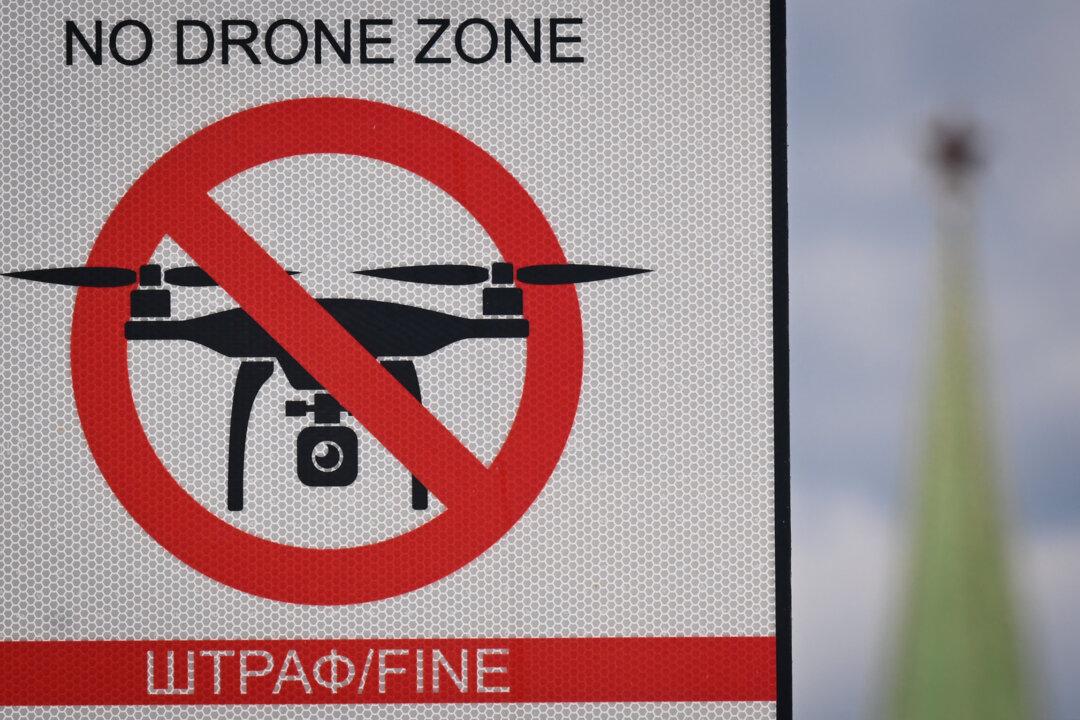KYIV, Ukraine—The terrorist attacks in Brussels so far have produced an internal evaluation of Belgium’s intelligence and law enforcement missteps, rather than the escalated airstrikes on Islamist targets in Syria that quickly followed the deadly attacks in Paris.
Two days after the Nov. 13, 2015, terrorist attacks in Paris, French warplanes hammered the Islamic State, or ISIS, encampments and facilities in Syria.
Days later, a French aircraft carrier, the Charles de Gaulle, and its 26 warplanes moved into the Mediterranean, more than doubling France’s airpower in the region.
And on Dec. 3, after a contentious House of Commons debate, British Tornado warplanes launched from a base in Cyprus to hit ISIS targets in Syria. The airstrikes signaled an escalation of Britain’s air campaign, which had previously been limited to Iraq.
Following Tuesday’s terrorist bombings in Brussels, however, Europe’s contribution to the international military campaign to defeat ISIS in the Middle East took a back seat to domestic efforts in Belgium to counter the threat of ISIS militants returning from Iraq and Syria, some potentially under the guise of refugees.
Debates about the merit of airstrikes have given way to scrutiny over intelligence and law enforcement missteps before the Brussels attacks, which killed at least 31 and wounded at least 270.
“When you realize that you are losing the ability to shape things externally, there’s a natural inclination to look inward,” Robin Simcox, The Heritage Foundation’s Margaret Thatcher fellow, told The Daily Signal.
Operation Inherent Resolve—the international military coalition combating ISIS in Iraq and Syria—has the terrorist army on its heels. The Islamist group has lost about 40 percent of its territory in Iraq, according to the U.S. military.
Some have argued, however, that ISIS losing ground in the Middle East could inadvertently exacerbate the terrorist threat to Europe.
Wall Street Journal columnist Yaroslav Trofimo observed:
That is the alarming paradox of the U.S.-led campaign against the radical group: In the months and even years ahead, an Islamic State faced with defeat in a conventional war may pose a far greater danger to the West than when it was focused on conquering villages in the Euphrates River Valley or the hill country of Aleppo.
“IS will not be defeated on the battlefield alone,” Veryan Khan, editorial director of the Terrorism Research & Analysis Consortium, told The Daily Signal, using an alternate acronym for ISIS, also known as ISIL and Daesh.
“The propaganda alone is so entrenched, on every medium from music to film to written word, it could take decades and decades to truly debunk their version of fulfilling prophecy,” Khan added.
Home Turf
The Belgians based six F-16s in Jordan for nine months to conduct airstrikes against ISIS in Iraq as part of Operation Inherent Resolve. However, Belgium quietly withdrew the jets on June 30 due to budget constraints and for repairs.
As of this article’s publication (March 24), Belgium had not moved to restart its airstrikes.
Similarly, France and the United Kingdom have not signaled an escalation in their air campaigns or pushed for other nations to do so.
Germany pledged Tornado reconnaissance jets and aerial refueling planes to the air campaign in Syria after the Paris attacks in November. So far it has not signaled an escalation of military efforts against ISIS abroad.
Some contend that Europe’s diminished emphasis on airstrikes in Iraq and Syria may not reflect a broad change in counterterrorism strategy. Instead, it could signal a utilitarian analysis of the limited impact an uptick in European airstrikes would have on the overall military effort.





